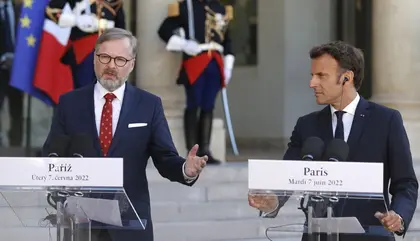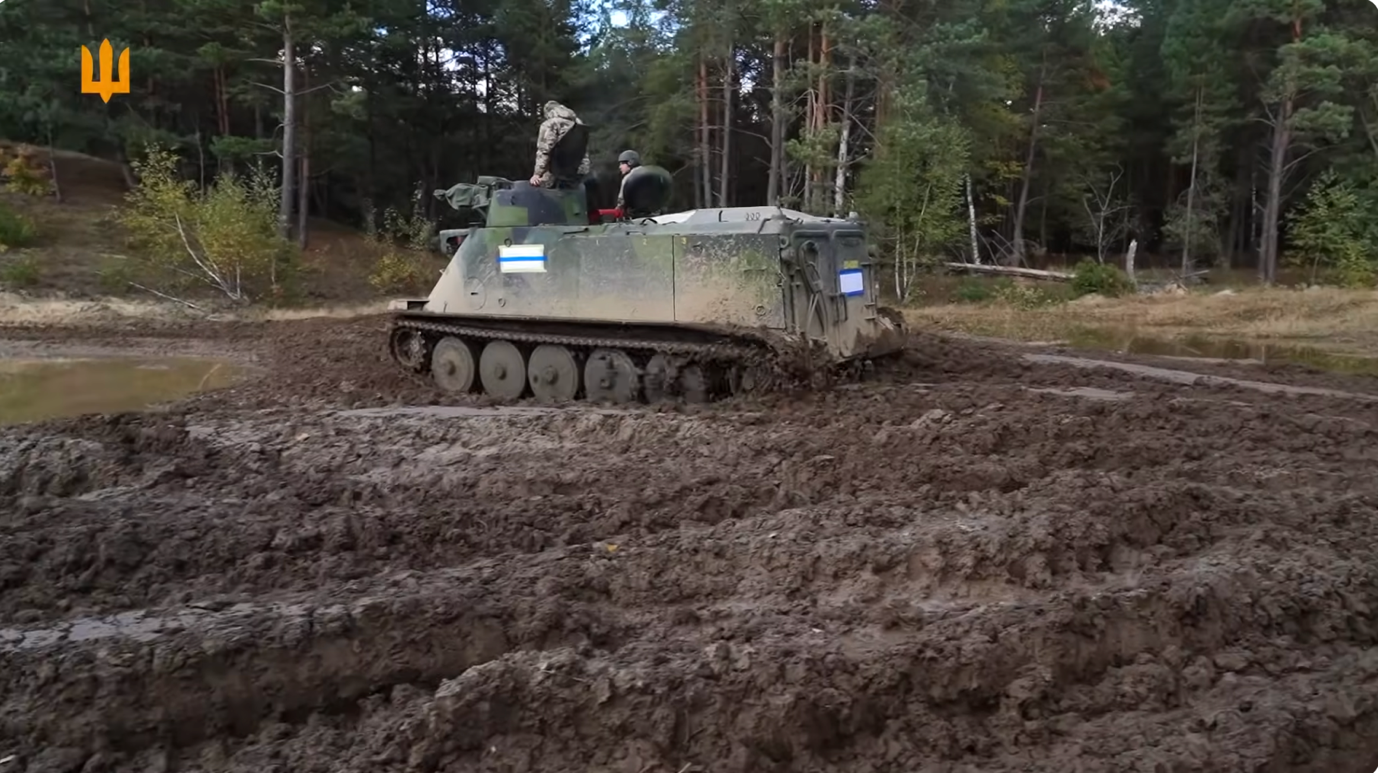Ukraine will be in the spotlight when the Czech Republic takes over the rotating presidency of the European Union next month, the Czech prime minister said on Wednesday.
The country of 10.5 million people will take the six-month presidency of the 27-member bloc over from France on July 1 and hand it to Sweden from January 1, 2023.
JOIN US ON TELEGRAM
Follow our coverage of the war on the @Kyivpost_official.
“Containing the refugee crisis, post-war reconstruction of Ukraine, energy security, boosting European defence capacities and cyberspace security,” Prime Minister Petr Fiala said, describing the priorities of the presidency.
He told reporters in Prague the resilience of the European economy and of democratic institutions would also be in the limelight.
“We would love to organise a summit on the post-war reconstruction of Ukraine with a Marshall Plan for Ukraine and in the presence of Ukrainian President (Volodymyr) Zelensky,” said Fiala.
But he added peace in Ukraine was a necessary precondition for such a summit to take place.
Fiala added Europe had to “keep exerting pressure on Russia, keep European unity on this matter (and) keep supporting Ukraine” to put an end to the war.
Earlier on Wednesday, Zelensky addressed Czech lawmakers in an online speech, thanking the country for the aid it has provided and asking for more support.
The Czech Republic has welcomed more than 300,000 Ukrainian refugees and sent over weapons worth over 3.5 billion koruna ($148 million) since the Russian invasion began on February 24.
Fiala’s government on Wednesday also introduced a logo of the presidency, a compass rose of 27 rhombs in the colours of EU members’ flags.
The motto of the presidency reads “Europe as a task: rethink, rebuild, repower”, referring to a 1996 speech by the late Czech president Vaclav Havel challenging Europe to reflect on its role.
The Czech Republic, which joined the EU in 2004, previously held the rotating EU presidency in the first half of 2009.
The six-month tenure was marred by a parliamentary confidence vote that toppled the Czech centre-right government halfway through the presidency.
Like Fiala’s cabinet which has been promoting Ukraine’s bid to join the EU, the Czech government then also pushed for closer ties between the EU and ex-Soviet countries.
In May 2009, the EU started its Eastern Partnership project seeking to put Armenia, Azerbaijan, Belarus, Georgia, Moldova and Ukraine on track to join the bloc.
You can also highlight the text and press Ctrl + Enter



